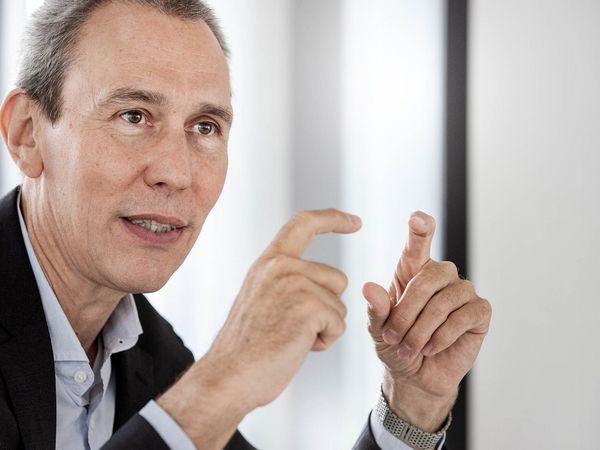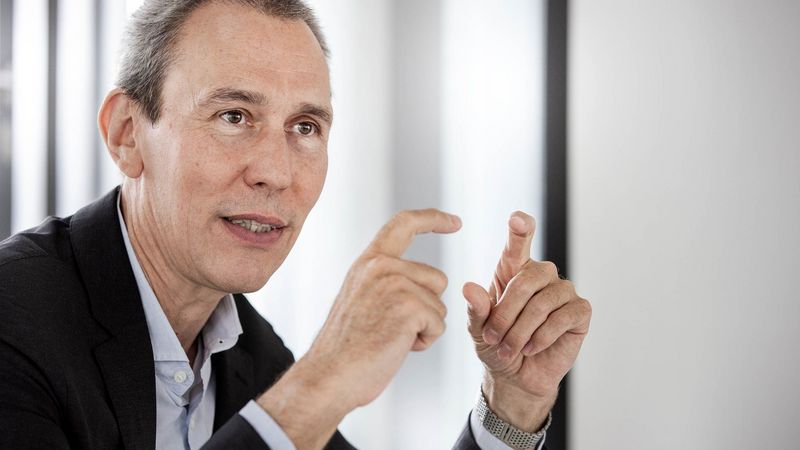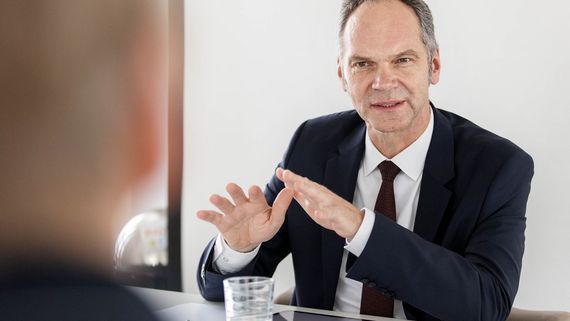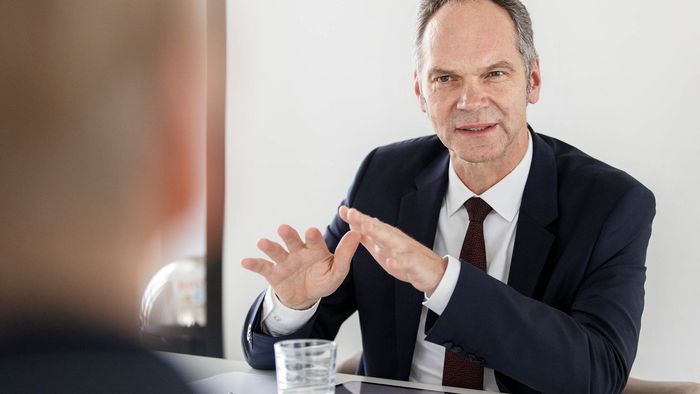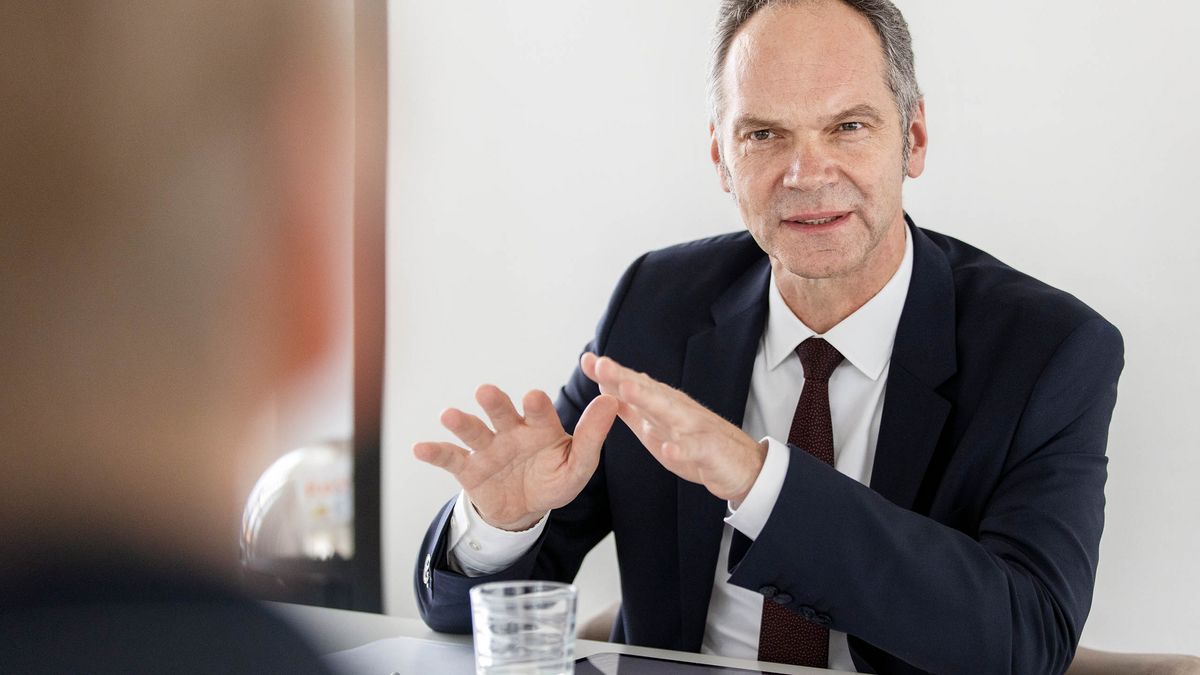NEW WORK IS MORE THAN JUST TABLETOP SOCCER
How do employees’ new demands affect machine manufacturers? And what are these companies doing to win over high-potential employees? A conversation.
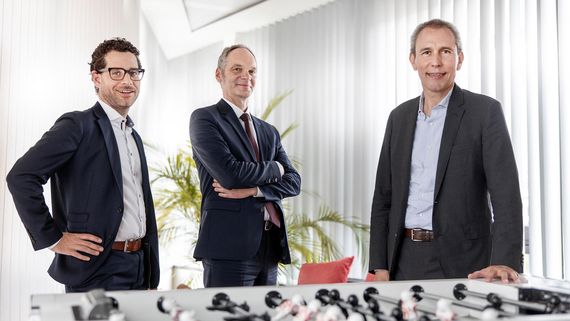


Mr. Poklekowski, are you desperately seeking employees? Are there shortages and if so, in which areas?
Heinz Poklekowski: We have a turnover rate of just under five percent and an apprentice level of six percent. Grinding machine operators, process engineers, application engineers, you can’t find them on the job market. We have to train them ourselves. Our main challenge is therefore finding apprentices we can retain in the long-term. Yet it is precisely in the areas of software development, electrical technology, the engineering professions but also in the purchasing and supply chain sector that the quality and quantity of applicants has decreased. The job market has changed and as a company we can no longer count on a large number of applications today. Nevertheless, we are still in the fortunate position of being able to implement our growth plans.
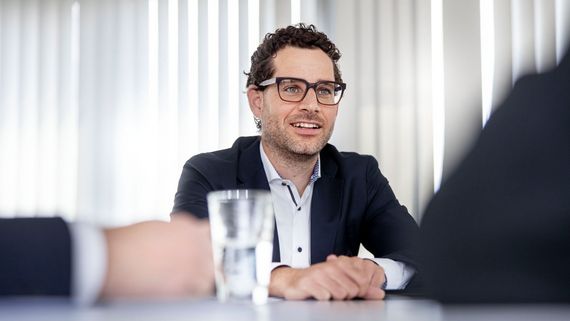
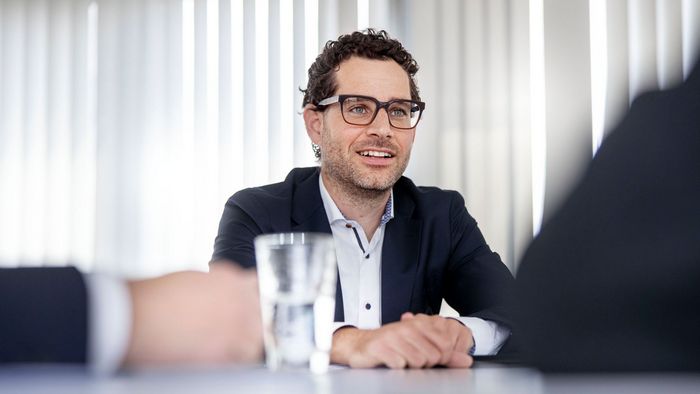
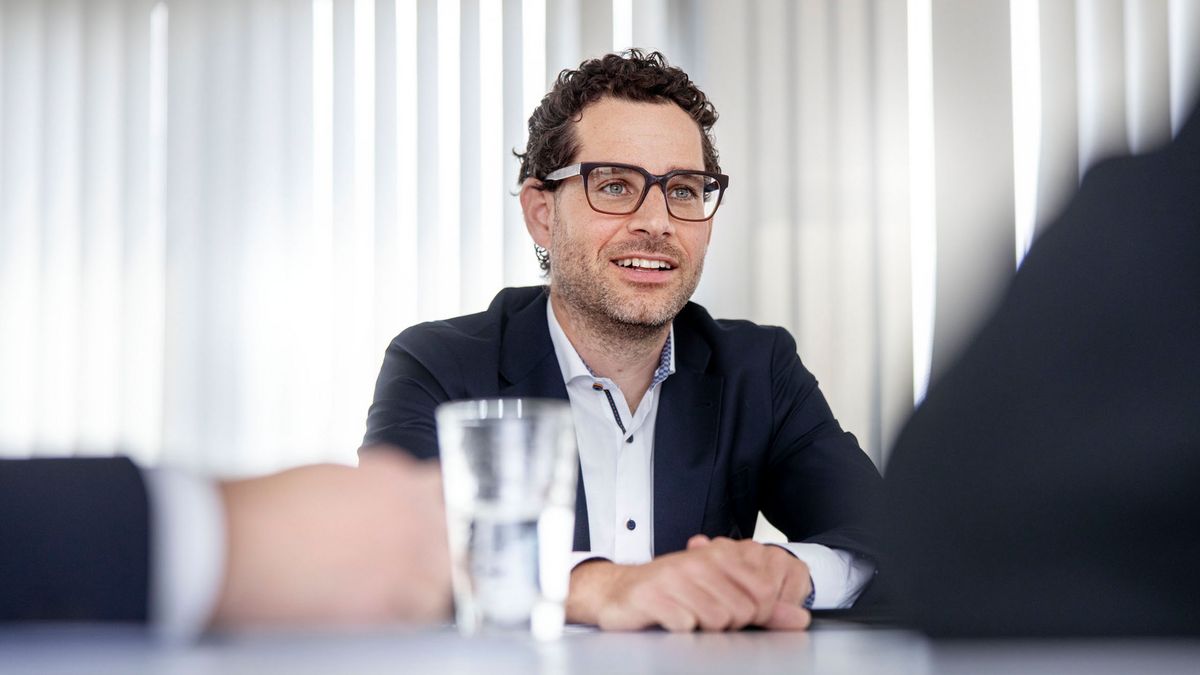
How do requirements such as automation, digitalization and internationalization affect the applicant profiles you look for?
Martin Hoffmann: It is generally very difficult to find good service technicians in the machine manufacturing sector in particular. The reason: People travel for leisure more than ever – but they are very unwilling to do so professionally, as this goes against their idea of the work-life balance.
Poklekowski: For a number of years we have noticed that employees are less willing to travel for business. We are trying to react with appropriate measures, for instance with a rotating system in the Customer Care department in one of our companies. The service technician agrees with his supervisor when he will travel and when he will be in the office. We need to meet our employees’ ever-changing demands.
In the machine tool sector we also often talk about practical and traditional knowledge, which is passed on from generation to generation. To what extent are new work practices becoming accepted here?
Ralph Bruder: It is certainly an industry that many people think has nothing to do with New Work. This is associated more with knowledge work, smaller units or agencies. This is quite different in a large manufacturing company. Part of the discussion about new work practices concerns the flexibility of workplaces and working hours – and this is very relevant, for service employees in particular. A second aspect is stylish new workplaces, flexible space concepts, a soccer table... You still don’t find these very often in production companies today, but the world has changed here too. The third point is the demand for self-fulfillment and participation. This is exactly what the traditional industries have always done. The fourth area for me is the question of meaning. These four elements are all easily identifiable in the machine tool industry. The employees have a great sense of purpose, are strongly committed to the company and proud of their work. Thus the UNITED GRINDING Group already has everything that young companies are striving for.
Is it true that Generation Y introduces these New Work demands to companies during the first job interview?
Poklekowski: We can’t avoid changing values in society. We see an increased interest in working conditions from both applicants and employees. We accept this challenge and offer exciting project work with an interdisciplinary structure. Part-time work, home office – all of these aspects are covered in our companies. Added to this is the high standard of our office facilities and equipment.
Hoffmann: If someone has been to UNITED GRINDING, then they know it. But how do people find you – that’s the challenge we face with our customers in the machine manufacturing industry. Because these qualities are not visible at first glance or are not associated with these companies. It is not enough to have a good website or wonderful magazine, young people expect to be addressed directly. We need to take account of this in recruiting too.
How important are honesty and authenticity?
Hoffmann: When promising flexibility you have to be absolutely honest and mustn’t make any false claims. Complete flexibility simply does not exist in many industries. What UNITED GRINDING offers is a high level of stability. This may come at the expense of complete flexibility – but I believe it can be reconciled, because Generation Y also wants to have a certain stability. And if you can put this in proportion, then you have an interesting offer for these people in particular.
How does the UNITED GRINDING Group present itself to applicants: as a mid-sized company or a big corporation? You are both, after all...
Poklekowski: We actually have a multibrand strategy. We use our corporate brand, UNITED GRINDING Group, in China and the USA, where it is important for employees to work for a large corporation. Even if we are cooperating with RWTH Aachen or ETH in Zurich, we present ourselves as the UNITED GRINDING Group with a vast range of experience. If, for example, we are addressing apprentices for the local job market, we recruit regionally and put the local company brands to the fore. We have a regional base, people know us, we are a major employer.
Hoffmann: Regionality is an important topic, especially for us in recruiting. In Schwaben, for example, we have a completely different candidate market to that in Hamburg. We find it relatively easy to place engineers at customers in Hamburg, because there are fewer companies looking for engineers compared to what we have here in Stuttgart.
Poklekowski: Our corporate vision meshes with our employer branding here. We are an international group, made up of innovative, mid-sized companies. Our employer branding must take account of both these facets. As an international company group with exciting challenges, we are not yet sufficiently recognized by experienced professionals and talented people outside our regional sphere.
What would the arguments be for a software developer in a large corporation, for instance, to change to UNITED GRINDING?
Poklekowski: In a mid-sized machine manufacturing company the decision-making processes are short and quick, development results of the employees flow directly into the product and can be managed throughout the entire product life cycle. Once the employees have experienced our working environment and realize how much they can help shape the overall process, they really value these opportunities. Opportunities also regularly arise to work on international projects and their implementation at company-wide level.
Bruder: The opportunity to do new things and discover the world: This is what large companies offer graduates. Good career prospects, a dynamic environment, combined with stability. The mid-sized company, on the other hand, is perceived as being boring, with little change, and little international orientation. Hoffmann: And yet often you find greater dynamism there, if you take the “Hidden Champions”...
Poklekowski: ... and a much higher level of internationalism. And they can also climb the ladder far more quickly with us.
On the topic of internationalism – how important is the high standard of European training, when you are looking for workers in the USA and China?
Poklekowski: We have a big advantage. We have a training system that is firmly rooted in Europe, which we can export to China and the USA. For this purpose we use our own service academies, where employees from all countries receive training. And in Czechia we have developed internal trainee programs for training. Although these are not dual systems, they offer excellent practical training.
Hoffmann: What about intercultural learning in the other direction? Can we in Europe also copy a thing or two?
Poklekowski: We have developed a machine for the Asian market, for example, using an international team. Asians and Europeans have complemented each other’s knowledge in this project.
Bruder: What we need to provide for such training models is curious young people. We don’t make it part of a curriculum, but we tell all students they should spend at least one year abroad. And that they should assume they will always be working in intercultural teams. That is routine, that is normal.
How important are soft skills for machine manufacturing today, in addition to hard skills? And what does this mean for young talent?
Hoffmann: Our annual HR report, for which we survey 600 top managers across all industries, shows time and again that we need both, hard skills and soft skills. It is essential to have people who are capable of learning and willing to change.
Poklekowski: In our industries you have to combine practical knowledge with digital requirements. This is only possible in a mixed project of experienced and young specialists. Soft skills are therefore of considerably greater importance today. Only if I am capable of working in a team, can I make my knowledge available in the project. Only if I am willing to question approaches and admit mistakes, can I learn. For digitalization in the machine tool industry and the relevant job profiles, this means: We don’t need digitalization specialists, but specific knowledge and skills that enrich the team.
Hoffmann: We also see these results in our studies. The ability to work in interdisciplinary teams is one of the most highly valued skills, besides learning capability and willingness to change.
Bruder: Exactly, the whole learning process is not quite so simple in Germany. We come from a tradition that says: Certified engineer, put a stamp on it, and that’s it. To break with this and say, the learning isn’t done yet, creates uncertainty in Germany. It has long been the case that you have to manage it “on the job” in companies.
Today, children are used to speaking to devices and getting meaningful answers. Won’t these digital natives have an unbeatable advantage as machines become more and more intelligent?
Poklekowski: The know-how of the experienced employees combined with the digital affinity of the younger employees gives a higher added value. As an employer we must offer a platform where both professional experience and the expertise of the digital natives are valued equally and positively influence the work results.
Hoffmann: I also don’t believe that these young people will have a better chance from the outset or will replace the others. Especially if we need more soft skills – that also includes leadership skills, mediation between the disciplines, creating stability, providing orientation – then my generation is more in demand. I was born in 1980. When I recruit new employees, I notice that they frequently ask me what the next step is now. At these times I am Alexa or Siri (laughs).
Bruder: Particularly when operating machines we need self-assured people who don’t accept everything the machine specifies. I often see people who are inclined to take the digital environment for granted. The experience of mixed teams is needed to shape it.




